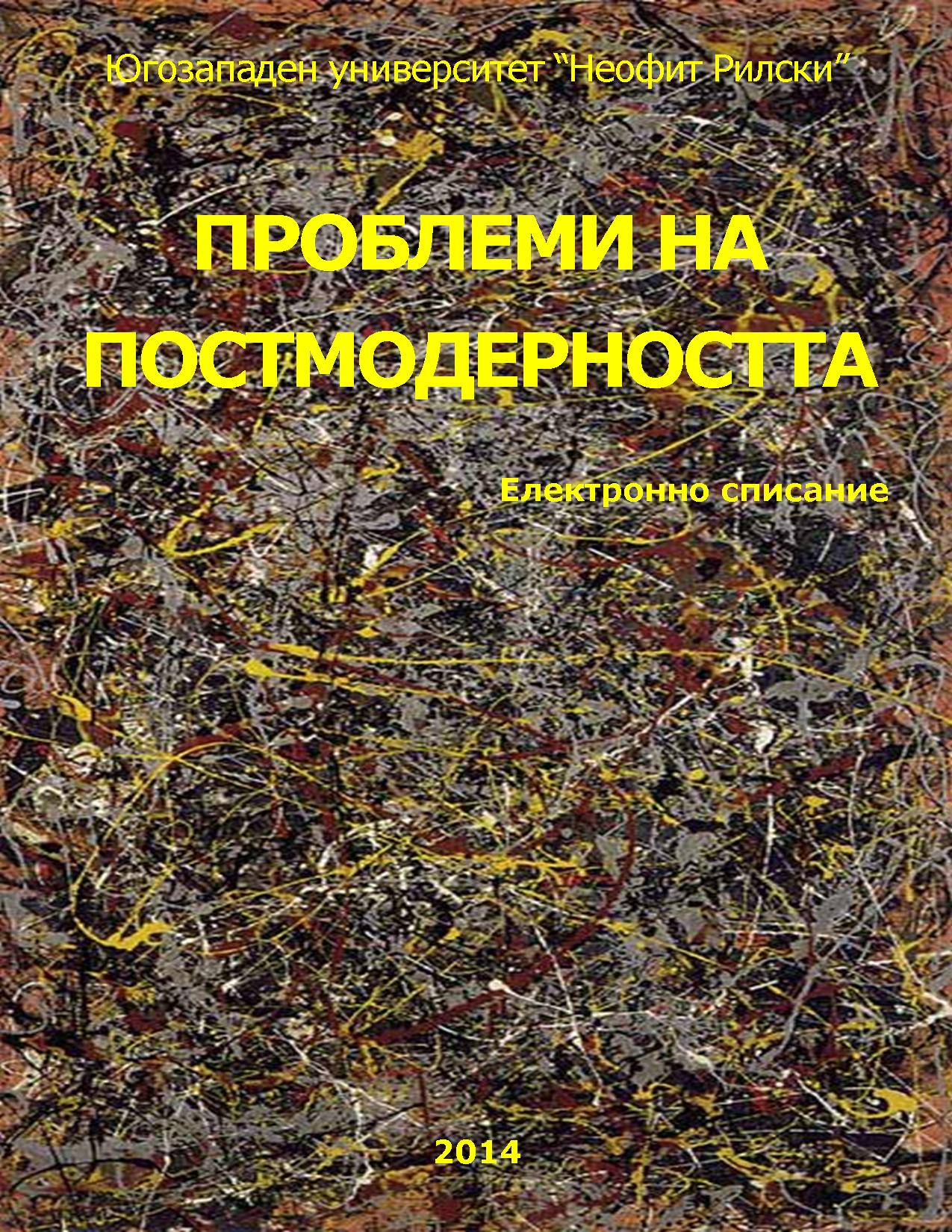Оценка на резултати от интернет изследвания
Results assesments of the internet researches
Author(s): Vera VelevaSubject(s): Social Sciences, Sociology, Methodology and research technology, Evaluation research
Published by: ЮГОЗАПАДЕН УНИВЕРСИТЕТ »НЕОФИТ РИЛСКИ«
Keywords: representative and non-representative samples; weighing of sample data; post-sterilization; data calibration.
Summary/Abstract: In the design of contemporary empirical sociological studies, the knowledge of sociological theory, the methods of statistics and the capabilities of modern information technologies are used together. The development of modern communications is appealing to the organization of various sociological studies, including through unrepresentative sampling. Their advantages are great due to the minimal cost of time, financial and human resources compared to traditional research. There can be a large (practically unlimited) number of respondents without stressing the research resource, as well as the research team.The article presents an idea for using the developed sample data calibration models. The aim is to improve the quality of the information from samples, for which the famous classical methods have not been applied in their formation. It is about the formation of samples that are formed as a result of the voluntary participation of units of a particular population (the respondents' method) when filling in an online research toolkit. The application of the calibration and its outcomes is illustrated by a specific example of data from an online research using the SPSS-based g-CALIB product. The final finding is that if the post-calibration study can not be confirmed, it can be said that after the calibration the objectivity of the data is much more guaranteed. The information processed by this procedure carries all the good qualities of the data obtained from the samples, for the broadcasting of which a quota selection has been attached, combined with a certain degree of chance in the selection of the sampling units.
Journal: Проблеми на постмодерността
- Issue Year: 4/2014
- Issue No: 1
- Page Range: 34-53
- Page Count: 19
- Language: Bulgarian

